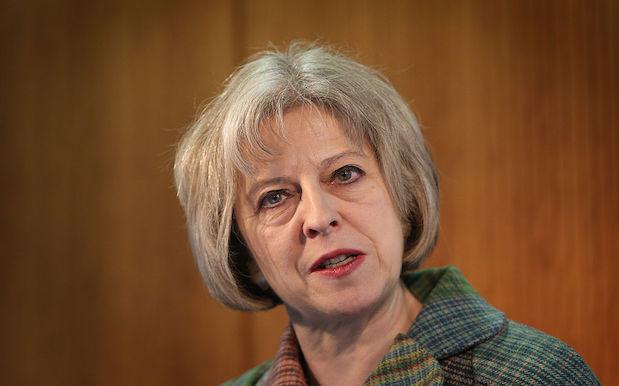
Keen observers of international politics (and people who have British passports) will have noticed that, despite all the sound and fury last year around Britain voting to “Brexit” from the European Union, Britain still remains at this stage completely un-Brexited.
Prime Minister Theresa May has said she wants to kick off the triggering of Article 50 (the clause in the EU Constitution that allows countries to fuck off) in early March, but she’s got a new obstacle to contend with, after the UK Supreme Court ruled that Parliament would have to vote in favour of the Brexit for the process to begin.
While it seems likely that this would pass through the lower house as easily as a kale smoothie through a jogger’s intestines, it could have some trouble with the UK’s upper house, the House of Lords, more like a servo sausage roll through… honestly, I’m not sure what vocation has terrible digestion, but one of their intestines.
A spokesperson for Theresa May, however, reckons this won’t slow her down:
“It’s important to remember that Parliament backed the referendum by a margin of six-to-one and has already indicated its support for getting on with the process of exit to the timetable we have set out.“We respect the Supreme Court’s decision, and will set out our next steps to Parliament shortly.”
The case was brought up by an investment manager and a hairdresser (Gina Miller and Deir Tozetti Dos Santos, respectively) who put forth the argument that the government’s prerogative alone couldn’t overrule the rights within the EU of British citizens, which was a view upheld by an eight-to-three majority of Britain’s 11 Supreme Court judges:
“The referendum is of great political significance, but the Act of Parliament which established it did not say what should happen as a result.“So any change in the law to give effect to the referendum must be made in the only way permitted by the UK constitution, namely by an Act of Parliament.”
On the flip side, the Supreme Court also unanimously ruled that Britain does not require individual approval from Scotland, Ireland or Wales for Brexit to begin.
Other than either slowing down or stopping the Brexit, it’s predicted the ruling will also have an effect on what the Brexit looks like, as the government has to ‘soften’ the Brexit to gain support in Parliament.
Source: ABC.
Photo: Getty Images / Peter Macdiarmid.



